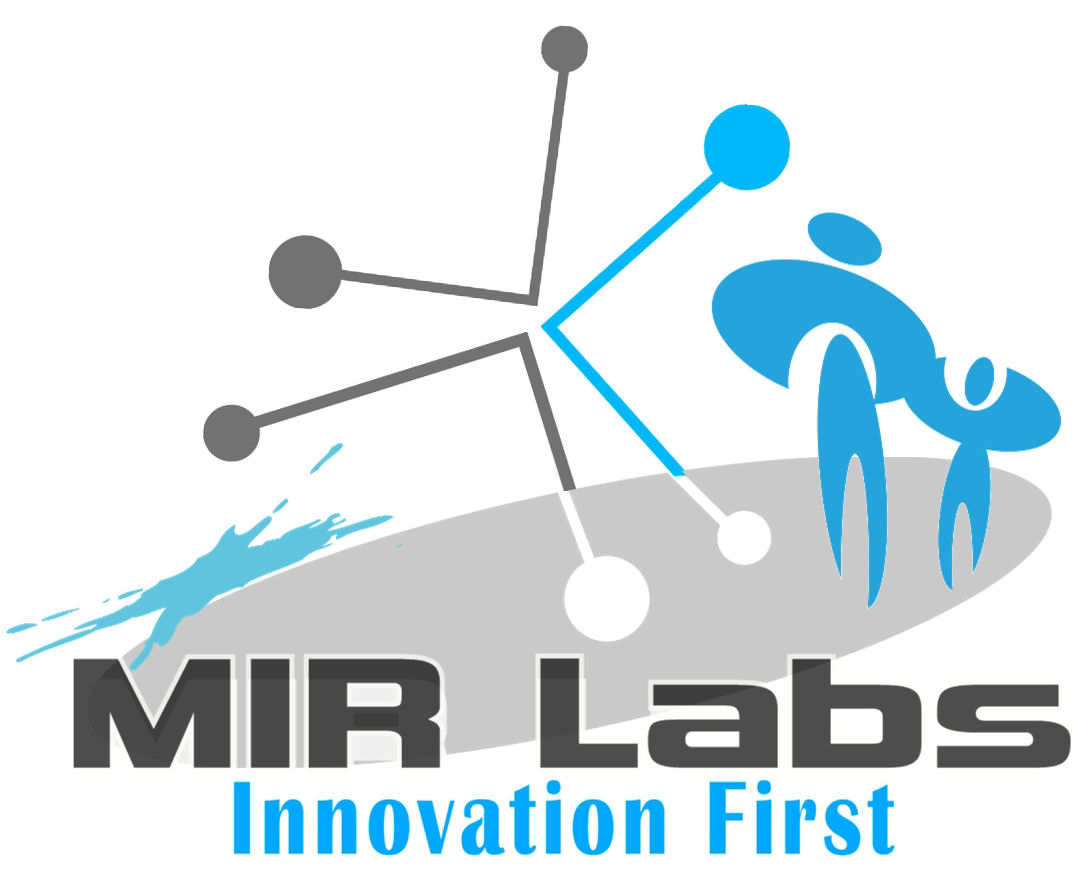
Workshop1:Location-Aware Technologies and Applications on Ubiquitous Computing Devices
Workshop Objective:
Location-aware technologies including location-sensitive computing devices and methods, location-aware smart-phones, wireless sensors and networks can play pivotal roles in such applications as education, environmental monitoring, surveillance or target tracking, smart home, location-aware access control, and m-commerce. In some applications, sensor nodes, smart-phones or ubiquitous computing devices facilitate the task of tracking objects of interest or the continuous/periodic monitoring of changes in the environment. While these location-aware devices like smart-phones and sensors are capable of performing many tasks, however, they may be subject to many physical constraints such as a limited battery life or environmental factors.
Despite much advances in location-aware technologies, there are challenges/issues that need to be addressed in many location-aware applications on ubiquitous computing devices or smart-phones. These include, but not limited to, the following:
•Alternative location estimation techniques;
•Effective deployment of location estimation techniques;
•Effective uses of location information for ubiquitous computing;
•Fusion of location information with other information such as data/image/video;
•Interesting examples of location-aware or location-sensitive applications for daily, education, commerce, industrial or military usage;
•Semantic web services for location-aware information systems;
•Ontology-enabled collaboration in location-aware learning;
•Location-aware real-time workflow management;
•Location-aware applications in real-time public security management;
•Location-aware technologies in emergency response systems;
•Framework and ontology for location-aware contents in learning, commerce, and industrial applications;
•Location-aware technologies to enhance existing e-learning, social networking or other systems for nascent applications; and
•Using location information to facilitate data/information/knowledge fusion for providing better mobile quality of service (QoS) in the future.
A successful location-aware mobile application should feature optimal strategies to handle one or several of the above concerns.
The goal of this Special Workshop is to provide a forum for practitioners/researchers in such communities as Information & Communication Technologies (ICT), E-Learning, E-Commerce, Image/Video Processing, Multimedia, Pervasive Computing, Wireless Sensor Networks or Wireless Networks to exchange ideas/experiences with Location-Aware Technologies researchers/engineers. It is anticipated that, besides the mutual proliferation of shared knowledge/experience, the results/experiences accumulated from such exchange will foster the development of future location-aware applications.
Our plan is to encourage more paper submissions to this Special Workshop (via the EDAS system) through sending the Call-For-Paper (CFPs) or invitations in emails to our contacts in India, Asia, China or overseas. Besides, a team of reviewers with diverse and appropriate expertise, including the 5 co-organizers as the core group, will help to ensure that high-quality papers are solicited, selected, and reviewed, with at least 2 ~ 3 reviewers for each submitted paper.
Based on quality of the papers, we may consider a special issue in relevant journals or in books.
Workshop Organizers
Dr. Vincent Tam (Dept. of EEE, The University of Hong Kong) has focused his interests on localization, event distribution schemes and real-life applications on wireless sensor networks. Dr. Tam has published in several international conferences and journals, including 5 book chapters, 40+ conference and 13 journal publications. Among them, 3 of which were published in the IEEE CCNC'06 and CCNC'07. Besides, Dr. Tam was the Session Chairs of two Special Sessions in CCNC'06, and the Organizer of a Special Session on Image/Video Processing on WSNs in CCNC’08.
Dr. Ka-Cheong Leung (Dept. of EEE, The University of Hong Kong) has published in many international conferences and journals on wired/wireless networks. Particularly, Dr. Leung focuses on scheduling and the provision of
quality-of-service guarantees for ubiquitous communication. Besides, Dr. Leung has served as the Publications Chair for IEEE NiVi 2009 and Local Arrangement Chair for ICUFN 2009, and Technical Program Committee members
in various conferences, including CCNC 2007-2011.
Dr. King-Shan Lui (Dept. of EEE, The University of Hong Kong) has focused her interests on basic research and applied research and development on communications and networking. She has published in many international conferences and prestigious journals, and worked as principal investigator in several R&D projects. In 2008, Dr. Lui and her team won the Bronze Award of the ICT Awards supported by the HKSAR Government. Besides, Dr. Lui has served as TPC members in various conferences, including the Globecom and CCNC, etc.
Dr. Qing Tan (School of computing and Information systems, Athabasca University, Canada)’s research interests mainly are Location Based Technologies, Mobile Computing and Technologies, Mobile Learning, Wireless Sensor Networks, Network Technologies and Security, Enterprise Modeling and Information Management System, and Robotics and Sensory Systems. Dr. Tan has been program committee member, reviewer, and guest editor of a couple of international conferences and Journals and has been invited to give research talks in various universities and published and presented his papers in various international conferences and journals on location-aware technologies for mobile learning since he came back to his academic career in 2007. He was the vice-program chair of CSE 2010 Education.
Dr.Ibrahiem El Emary (Information Technology Deanship, King Abdulaziz University, Kingdom of Saudi Arabia). Research interest focus on developing simulation techniques for evaluating the performance of computer communication networks as well as wireless sensor networks. Also, application of intelligent techniques in managing telecommunication networks represents another direction of research.
Potential participants
Potential participants will include practitioners/researchers working in the areas of Communication, Computer Networking, Image/Video Processing or Multimedia, and researchers/engineers with background and interest in Location-Aware Technologies, WSNs or wireless networks in general from India, South-East Asia, Hong Kong, the Greater China Region, and all over the world.
